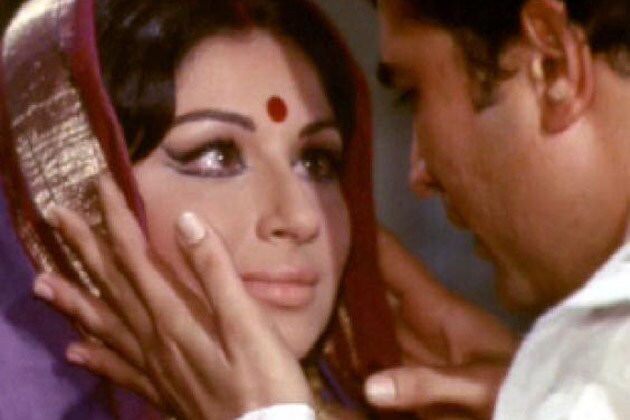


Ram Nath and his wife Seeta (Durga Khote) have a college-going daughter, Meeta, while Kashi and his wife Shobha (Usha Kiran) have a young son, Pintu. Shiv Nath Sharma (Harindranath Chattopadhyay) is Daduji, the patriarch of the clan, which includes his three sons, Ram Nath (AK Hangal), Kashi Nath (Kali Banerjee) and Vishwa Nath or Babbu (Asrani). He then introduces the Sharmas, who live in Shanti Niwas - their family home that should, as one of them jokes, actually be called Ashanti Niwas, given the amount of chaos and squabbling that takes place within its confines on a daily basis. The movie opens with Bachchan saying that this story is set anywhere in India. In the week of Hrishikesh Mukherjee’s death anniversary, a look back at Bawarchi.Īlso read: Gol Maal, with Amol Palekar & Utpal Dutt, was the perfect foil to the Angry Young Man

And that’s just one example of how this film is so unique, even though it tells a story so utterly universal and regular. In fact, Bawarchi doesn’t even feature any fancy opening or end credits per se - the cast and crew are introduced, stage-style, by none other than Amitabh Bachchan, the narrator of the film. So for Mukherjee to cast him in the role of a family cook, one who has no romantic relationship and who mostly even stays in the same outfit, was unthinkable.īut then, this was Hrishikesh Mukherjee, who was famous for doing things his way and brooked no starry tantrums. But it came on the heels of Khanna having just delivered a historic 17 hits in a row between 19, of which 15 starred him as the solo hero. The 1972 comedy-drama is now, of course, seen as vintage Hrishikesh Mukherjee for its portrayal of the middle-class family, its dynamic and dreams, its trials and tribulations. Even when he was supposed to play a dying man in Hrishikesh Mukherjee’s Anand, he did it with what we might today call swagger.īut it was another Hrishikesh Mukherjee movie that actually broke that mould and made Rajesh Khanna accessible, human, relatable. And in real life, he was Hindi cinema’s first legit superstar, with, as is by now well known, women sending him love letters written in their blood and marrying his photographs. No matter what he did, Rajesh Khanna practically defined the larger-than-life romantic hero. Even in his quieter, less flamboyant avatar, he’d be taking Sharmila out for a boat ride on the Hooghly and the two would sink into each other’s company to the melancholy strains of Chingaari Koi Bhadke in Amar Prem. Close your eyes and think of Rajesh Khanna, and you’ll see him frenetically dancing around a garden with Nanda and singing Gulabi Aankhen Jo Teri Dekhi in The Train, serenading Sharmila Tagore with Mere Sapnon Ki Rani in Aradhana or crooning Yeh Shaam Mastani to Asha Parekh in Kati Patang.


 0 kommentar(er)
0 kommentar(er)
